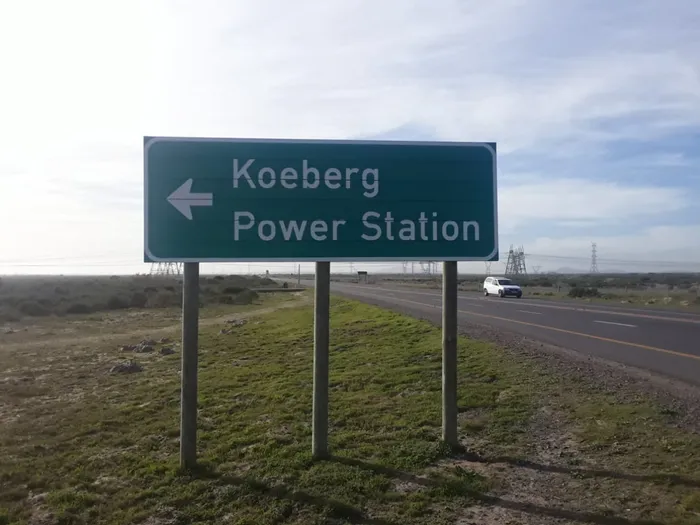Koeberg activists advise caution over energy plan

The Koeberg Alert Alliance is concerned about the implications that a proposed “energy emergency” could have on regulatory processes.
Key regulatory safeguards, including public input, governing the future of the Koeberg nuclear power plant could be torpedoed by an “energy emergency” plan that the president is expected to announce soon, warns an anti-nuclear activist group.
Bypassing existing processes may leave room for omitting crucial steps, such as public involvement, when the National Nuclear Regulator, in July 2024, decides whether to extend the life of Koeberg by 20 years or decommission it, says the Koeberg Alert Alliance (KAA).
According to various news reports, President Cyril Ramaphosa is expected to present an “energy emergency” plan to deal with the country’s crippling load-shedding crisis.
Among other things, the plan is expected to cut red tape to allow for quicker power procurement.
“We haven’t heard any details about this plan, and it is a concern because you don’t want good regulation processes to be bypassed in the name of ‘energy emergency’,” KAA spokesman Peter Becker told Tabletalk.
“There is concern that this is just more words. We’ve heard about the war room, operation this and operation that, and now we’re hearing about an energy emergency plan. That emergency is a result of inaction.”
Mr Becker said regulatory processes were there for a reason.
“(It’s good) that we’ve got regulations that are followed and decisions that are subject to review by the courts. If you call that red tape, that’s a big concern.”
Koeberg’s operating licence would expire in July 2024 and, under normal circumstances, a public participation process would inform the nuclear regulator’s decision on the future of the plant, he said.
“We’re concerned that this cutting through the red tape will be used as an excuse to bypass that process,” Mr Becker said.
Eskom wanted to see the plant’s life extended for 20 years and continued operation under the current design from the 1970s, he said.
The KAA is concerned about the state of affairs at Koeberg and it points to an incident where French company Framatome charged Eskom R1.1 billion in penalties in relation to refurbishing work on Koeberg’s Unit 2 after it found that Koeberg was not ready for the work to start.
Mr Becker said Unit 2 had been offline since January to allow for the replacement of three steam generators.
The delay had lasted months and had cost the economy “tens of billions of rand” and Eskom R2.4bn in diesel costs, according to a KAA statement issued on Thursday June 14.
Mr Becker said Eskom would attempt the same work on Unit 1 in October, which would wipe one gigawatt (GW) from the grid.
“Just don’t take it offline,” Mr Becker said when asked what Eskom should do to avoid that scenario.
“By 2024 in July, when the plant’s life comes to an end of its life, there won’t be a need for (the plant) anymore because as long as the government does the right thing and allows (energy producers) to come to the grid, we won’t need Koeberg’s 1.8GW. We can build approximately 3.8GW of solar power for the amount of money that is spent refurbishing Koeberg,” Mr Becker said.
When approached for comment, Eskom spokesman Sikhonathi Mantshantsha asked us why Eskom would issue a statement on the president’s mooted energy emergency plan.
Mr Ramaphosa’s spokesman, Vincent Magwenya, declined calls from Tabletalk but said in a message that the presidency would advise on whether it would issue a statement or have the president address the nation on live TV about the energy emergency plan.
